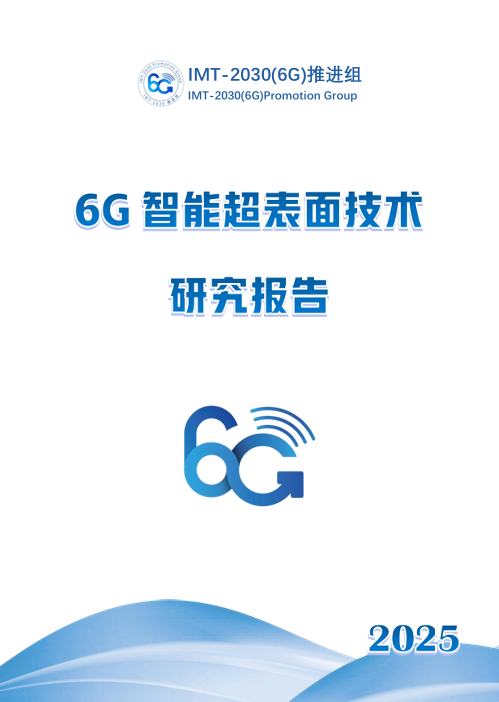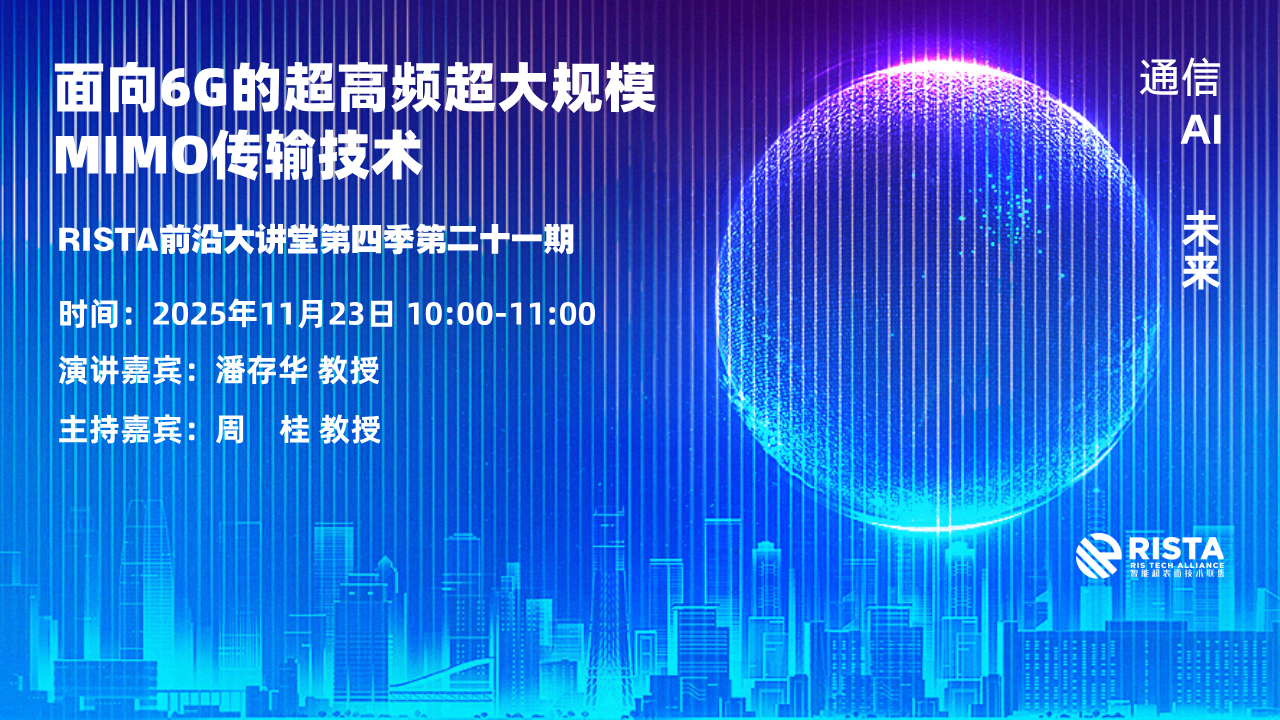本文转自公众号泛在智能通信前沿文章《IEEE Open Journal of Vehicular Technology Special Issue 征稿启事》
公众号:泛在智能通信前沿IEEE Open Journal of Vehicular Technology Special Issue 征稿启事
CALL FOR PAPERS
IEEE Open Journal of Vehicular Technology
Special Issue on
Orthogonal Time Frequency Space Modulation and Delay-Doppler Signal Processing
Important Dates
-
Manuscript Submission: October 31, 2024
-
First Notification: January 10, 2025
(Given the 42-day submission-to-decision cycle and potential delays over the holiday season)
-
Revised Manuscript: February 10, 2025
-
Acceptance Notification: February 20, 2025
-
Final Manuscript: February 28, 2025
-
Publication: Q1/Q2 2025
Overview
Future wireless networks are expected to provide global coverage and thus are required to support a wide range of emerging applications in challenging environments, e.g., mobile communications on board aircraft (MCA), low-earth-orbit (LEO) satellite communications, vehicle-to-vehicle (V2V) communications, highspeed railway (HSR) communications, unmanned aerial vehicles (UAV) communications, and underwater acoustic communications (UAC). Wireless channels in these challenging environments have usually been viewed as communication-unfriendly, characterized by severe delay and Doppler spread, and limited path lifetime, etc, which deteriorate the performance of orthogonal frequency division multiplexing (OFDM) modulation widely adopted in current mobile networks. The recently proposed orthogonal time frequency space (OTFS) modulation has provided an alternative solution to the aforementioned problems, which multiplexes information symbols in the delay-Doppler (DD) domain rather than the conventional time-frequency (TF) domain. Relying on the DD signal processing, OTFS has provided a novel framework for investigating the interaction between the information symbols and the wireless channel, which provides the benefits of strong Doppler-resilience and delay-resilience against highly dynamic and complex environments. Indeed, appealing properties, such as signal separability, compactness, stability, and possibly sparsity, are achieved DD communications via advanced DD signal processing methods. However, the research of OTFS and DD signal processing is still in its infancy. Challenging research problems and many practical design issues must be addressed to fully unleash the potential.
Topic of Interest
This SI seeks contributions from researchers and practitioners in the area of wireless communications and signal processing with an emphasis on new approaches and techniques for OTFS modulation and DD signal processing. We solicit high-quality original technical papers (tutorials and survey papers are not acceptable) on topics including, but not limited to:
-
OTFS and DD signal processing for near-field communications
-
Channel measurement and modeling for OTFS in the DD domain
-
Fundamental information theoretical limits for OTFS and DD signal processing
-
MIMO design for OTFS and DD signal processing
-
DD signal processing for OTFS transceiver designs
-
OTFS and DD signal processing enabled 6G vehicular network
-
Intelligent antennas aided OTFS systems
-
Machine learning/AI enhanced OTFS and DD signal processing
-
Coded OTFS/DD communications
-
Multiple access schemes for OTFS and DD signal processing
-
System-level simulation, prototyping, and field-tests for OTFS
-
Standardization of OTFS and DD signal processing
-
Integrated sensing and communication via OTFS and DD signal processing
-
OTFS and DD signal processing for cell-free systems
-
Security and privacy issues in OTFS
-
The application of OTFS over mm-Wave, Tera Hertz, and general communication-unfriendly channels
-
DD signal processing for wireless communications
-
Radar design based on OTFS and DD signal processing
Submission Guidelines
Prospective authors should submit their manuscripts following the IEEE OJVT guidelines:
https://vtsociety.org/publication/ieee-ojvt/author-instructions.
Authors should submit a manuscript through Manuscript Central:
https://mc.manuscriptcentral.com/ojvt
*For papers submitted in 2024, the Article Processing Charge (APC) is US$1995 plus applicable local taxes. The following discounts apply: IEEE Members receive a 5% discount. IEEE VTS Members receive a 20% discount. Discounts do not apply to undergraduate and graduate students. These discounts cannot be combined. OJVT has no page limits, and no over-length page charges.
ORGANIZING COMMITTEE
Lead Guest Editor:
Qin Tao,
Hangzhou Normal University, Hangzhou, China
Guest Editors:
Shuangyang Li,
Technical University of Berlin, Berlin, Germany
Slawomir Stanczak,
Fraunhofer Heinrich Hertz Institute, Berlin, Germany
Weijie Yuan,
Southern University of Science and Technology, Shenzhen, China
Emanuele Viterbo,
Monash University, Melbourne, Australia
Xianbin Wang,
Western University, London, Canada
–End–






